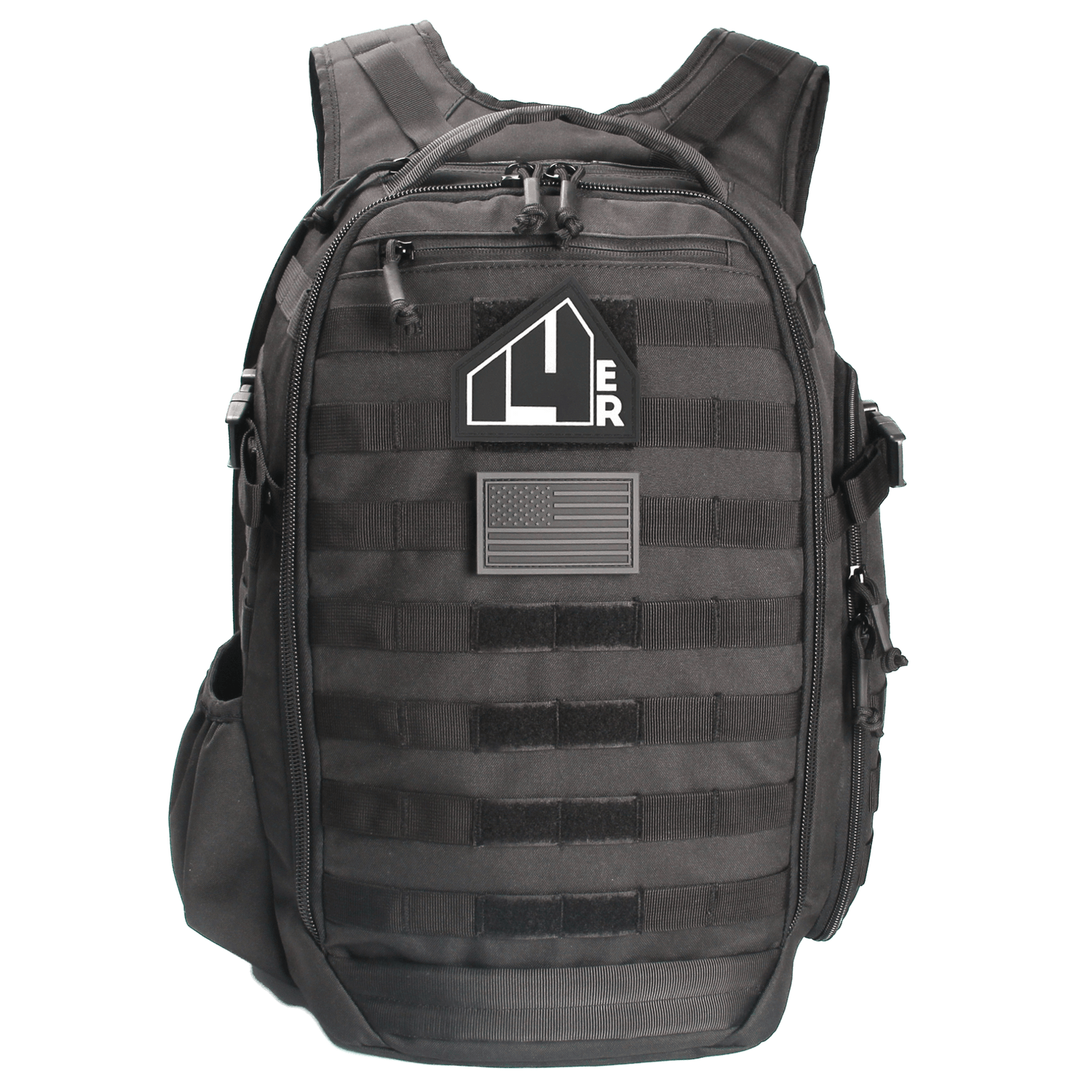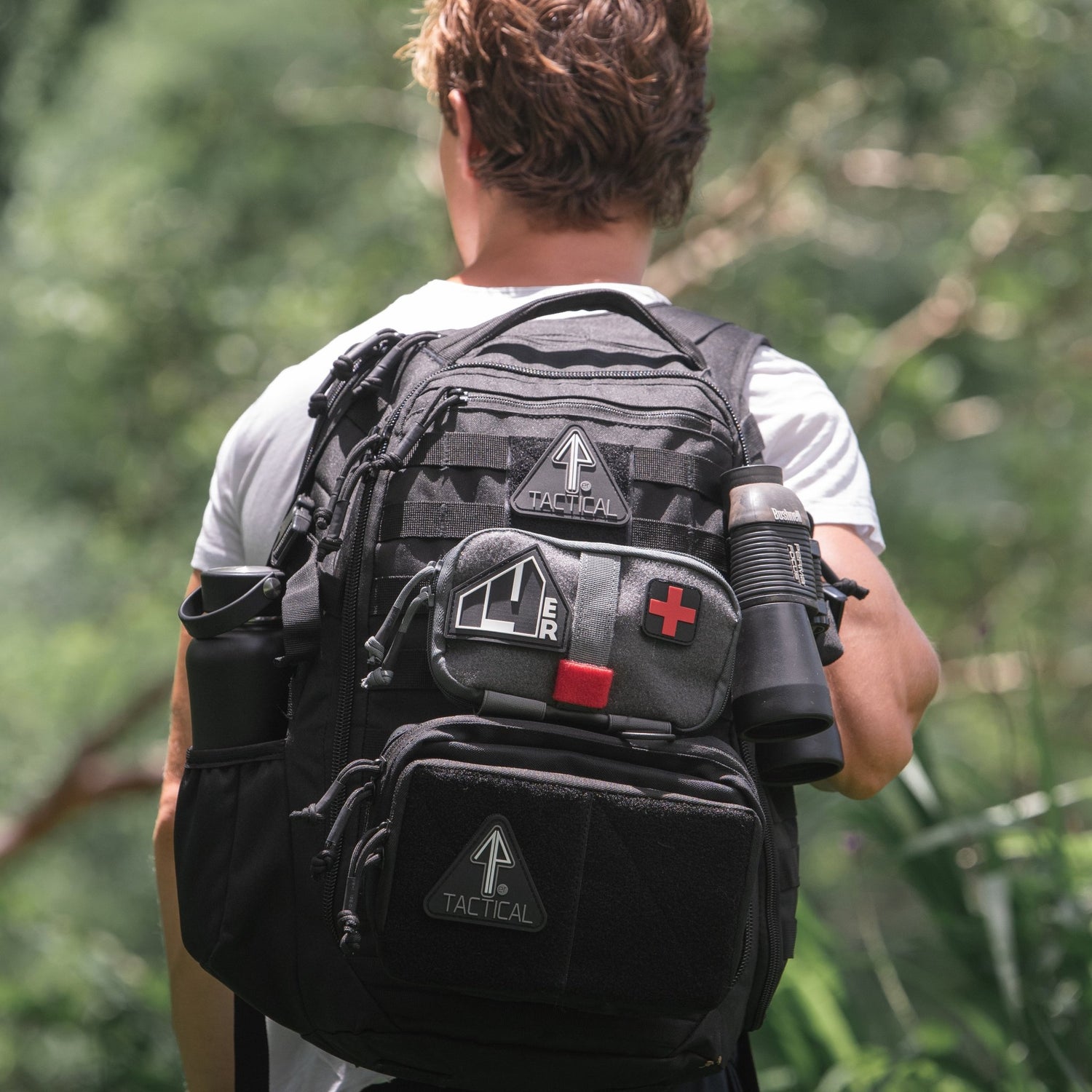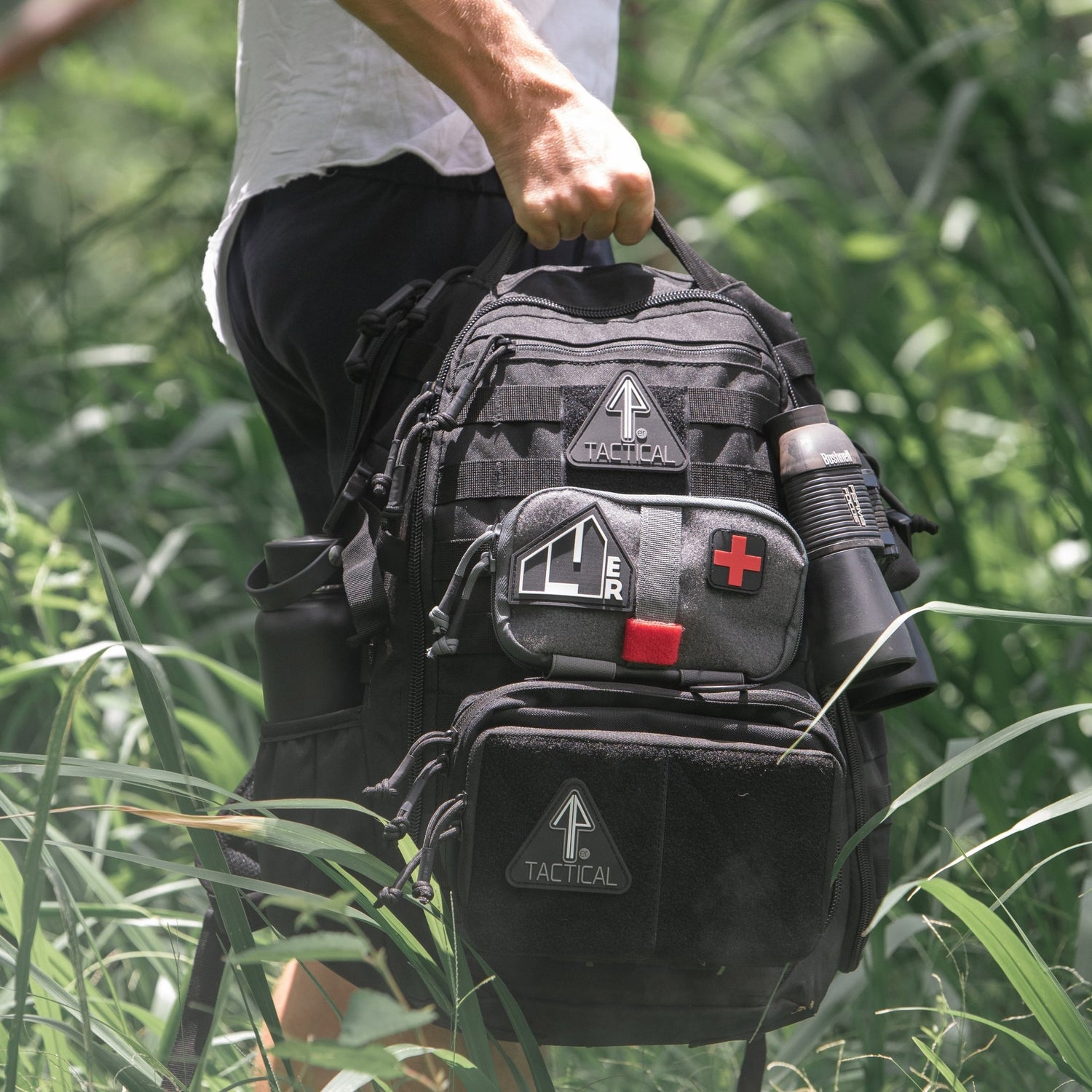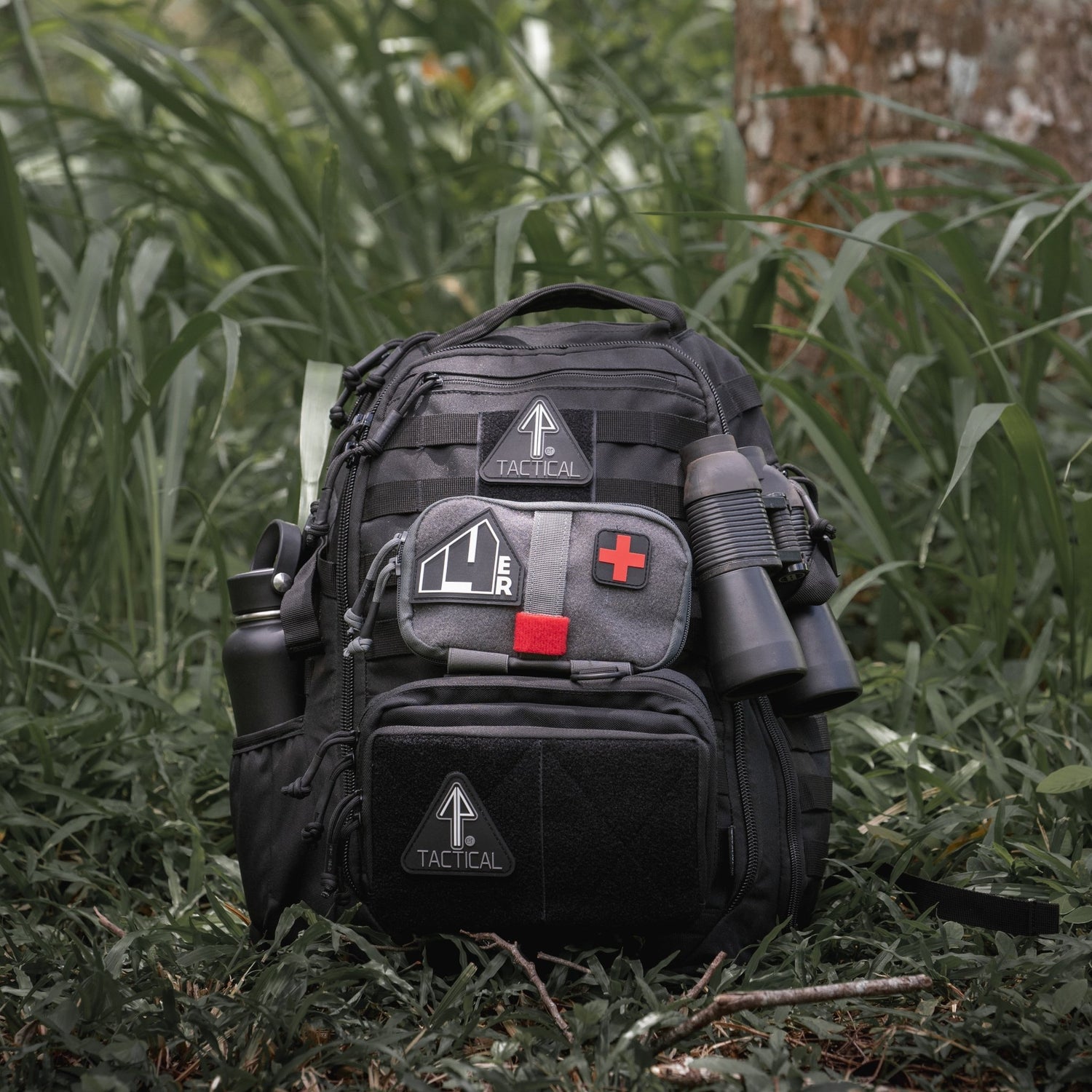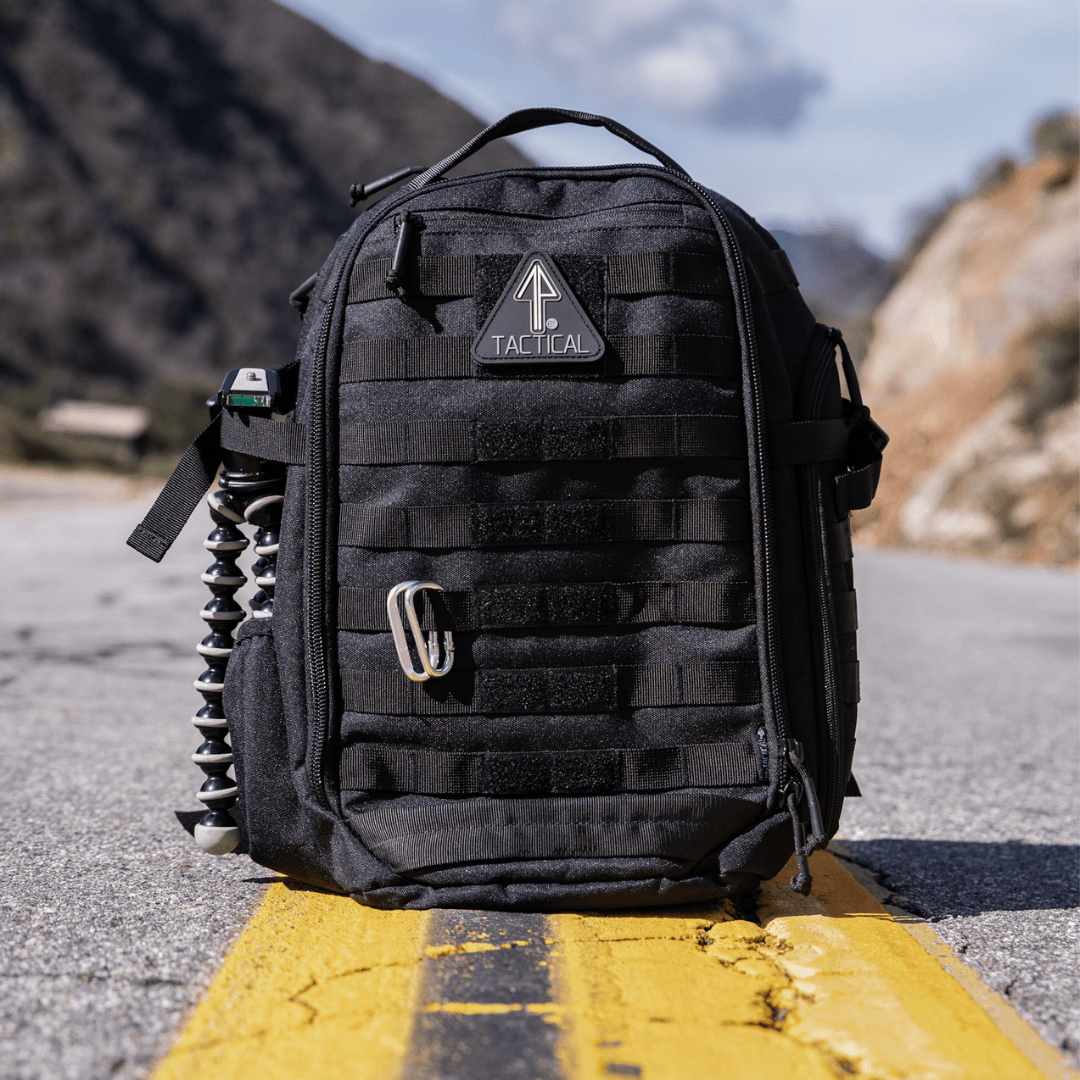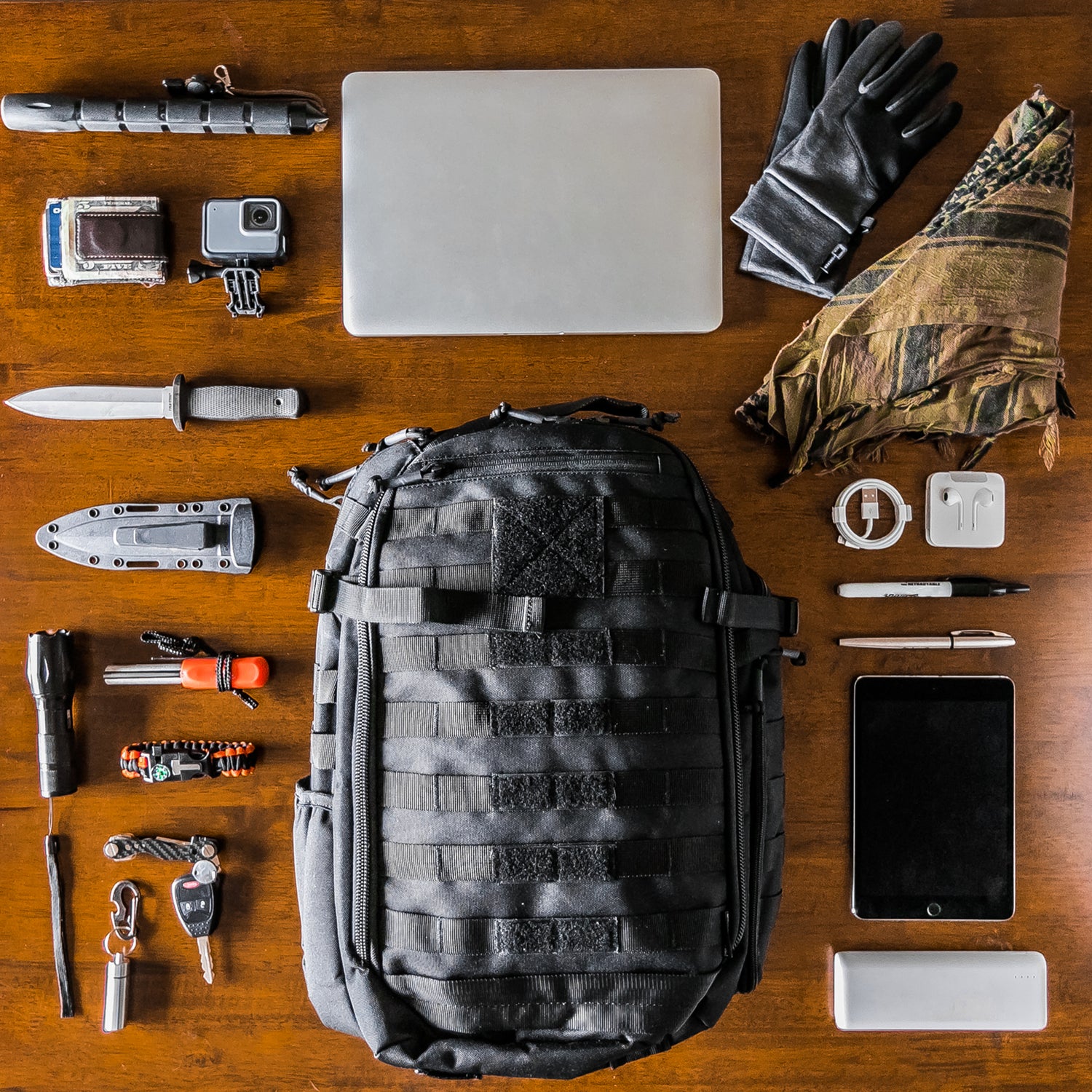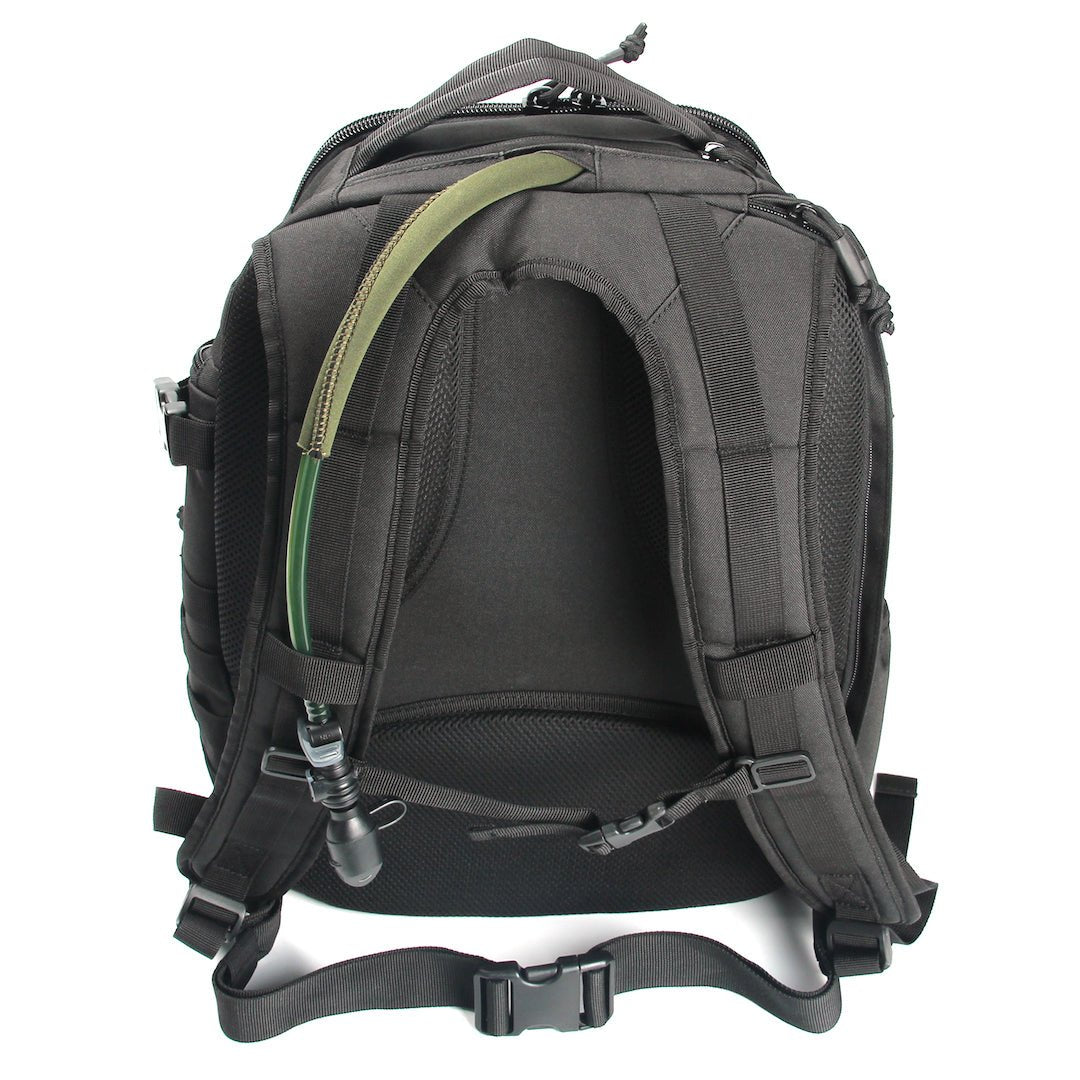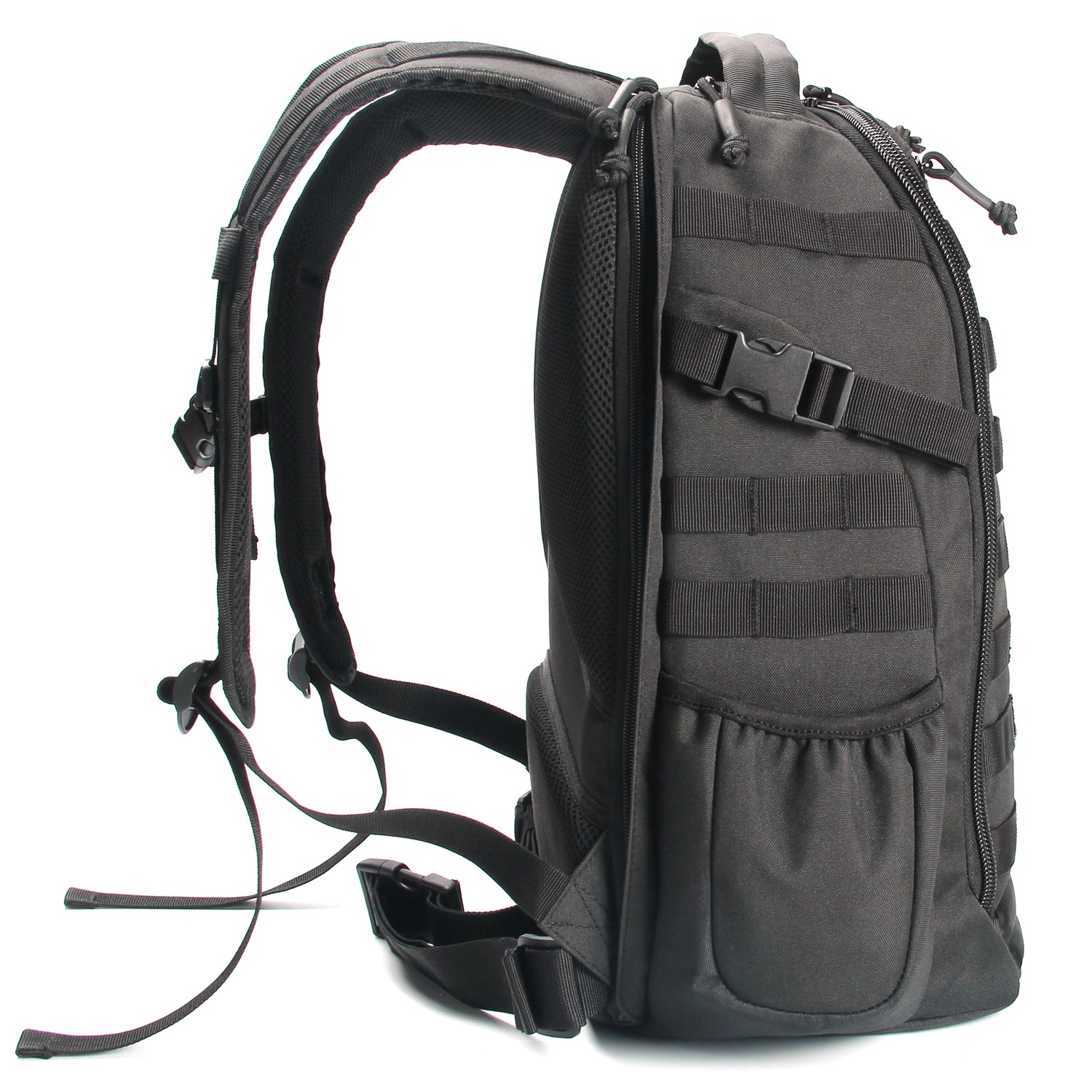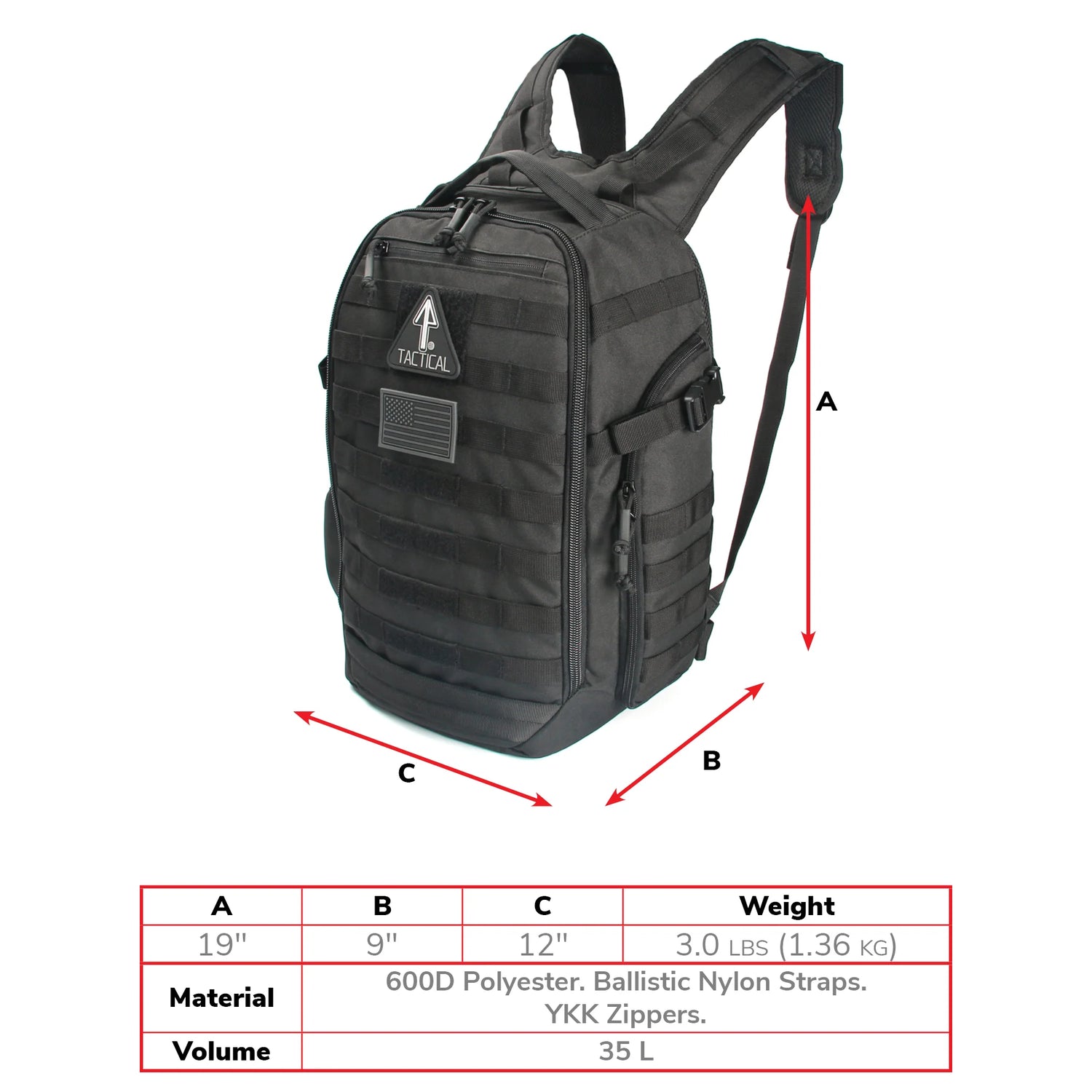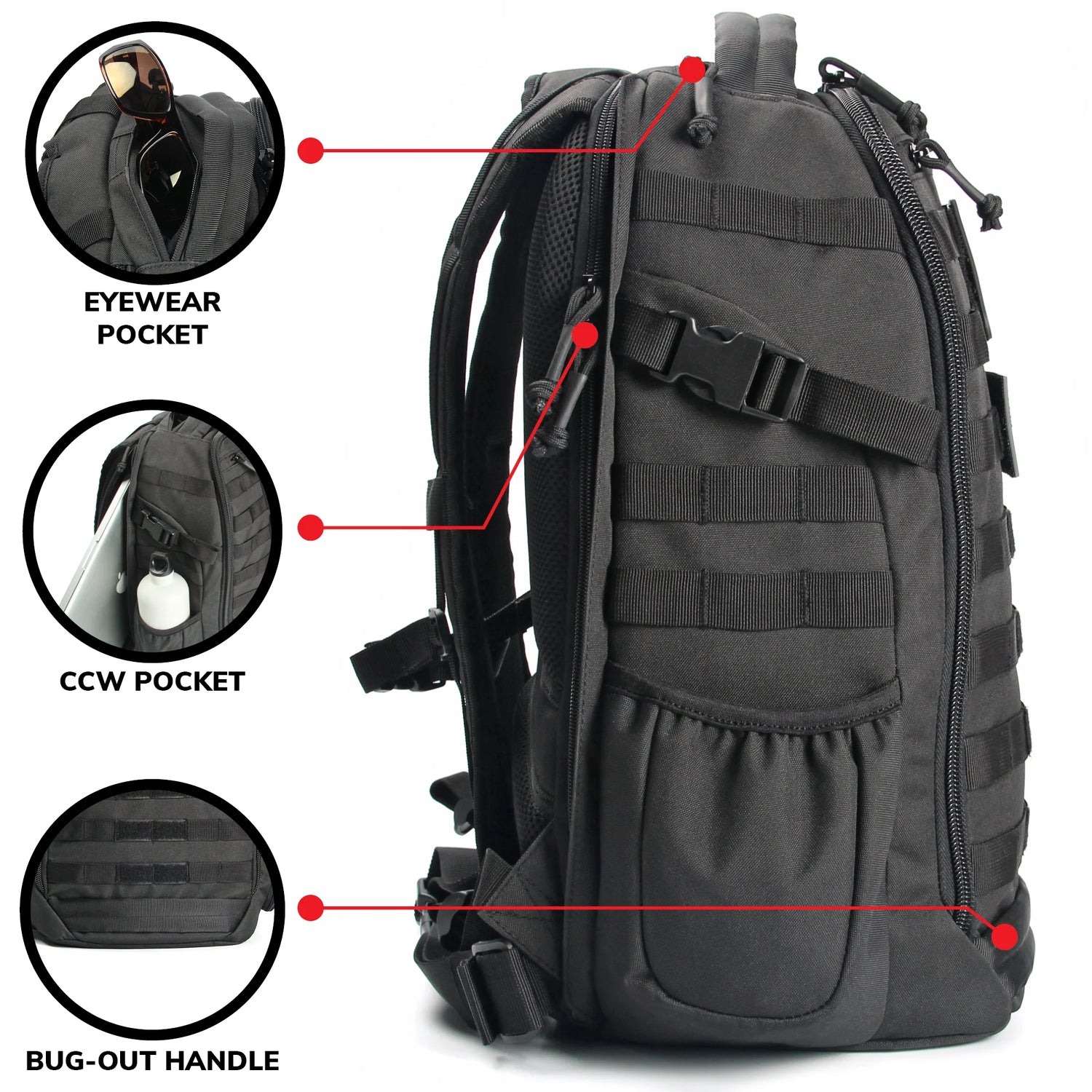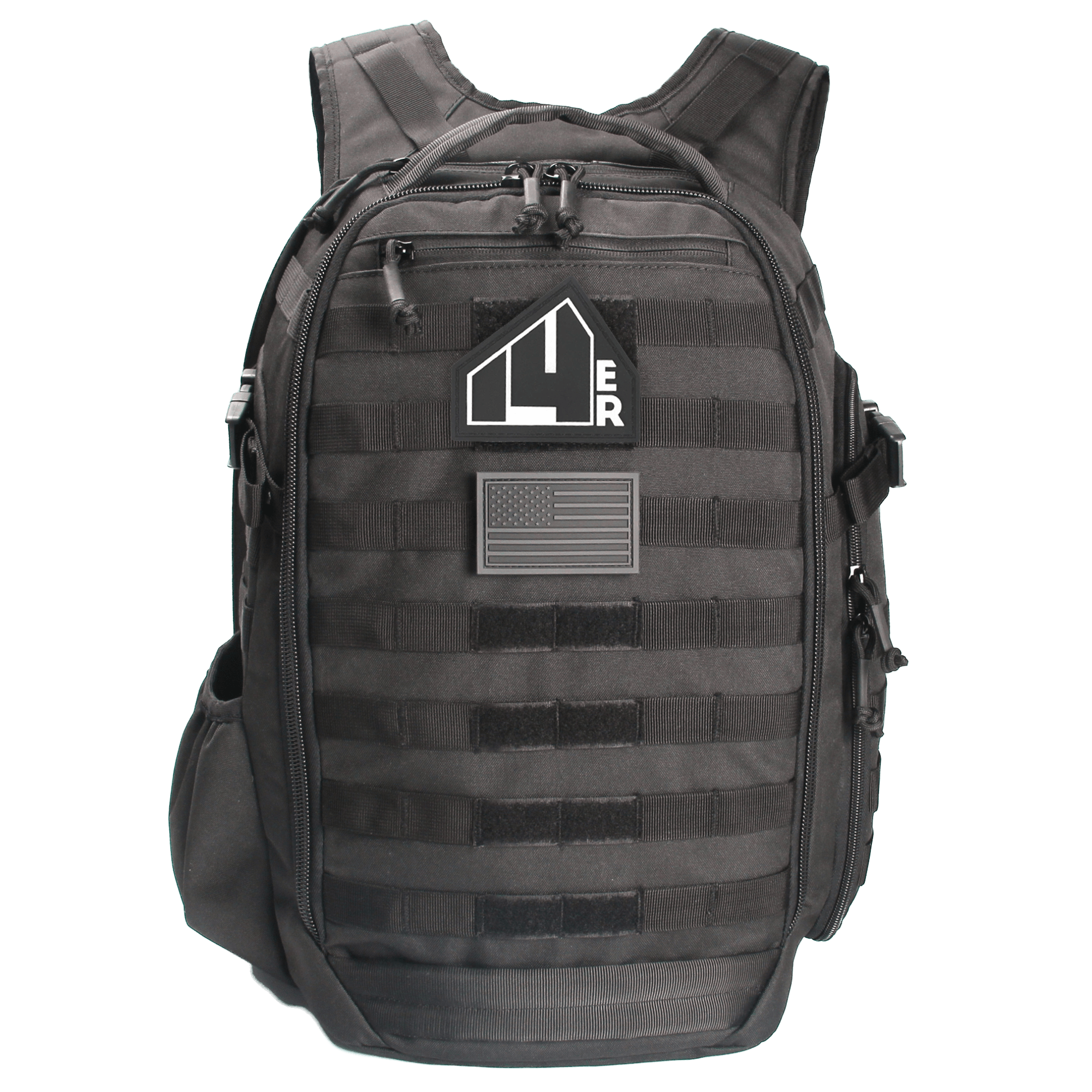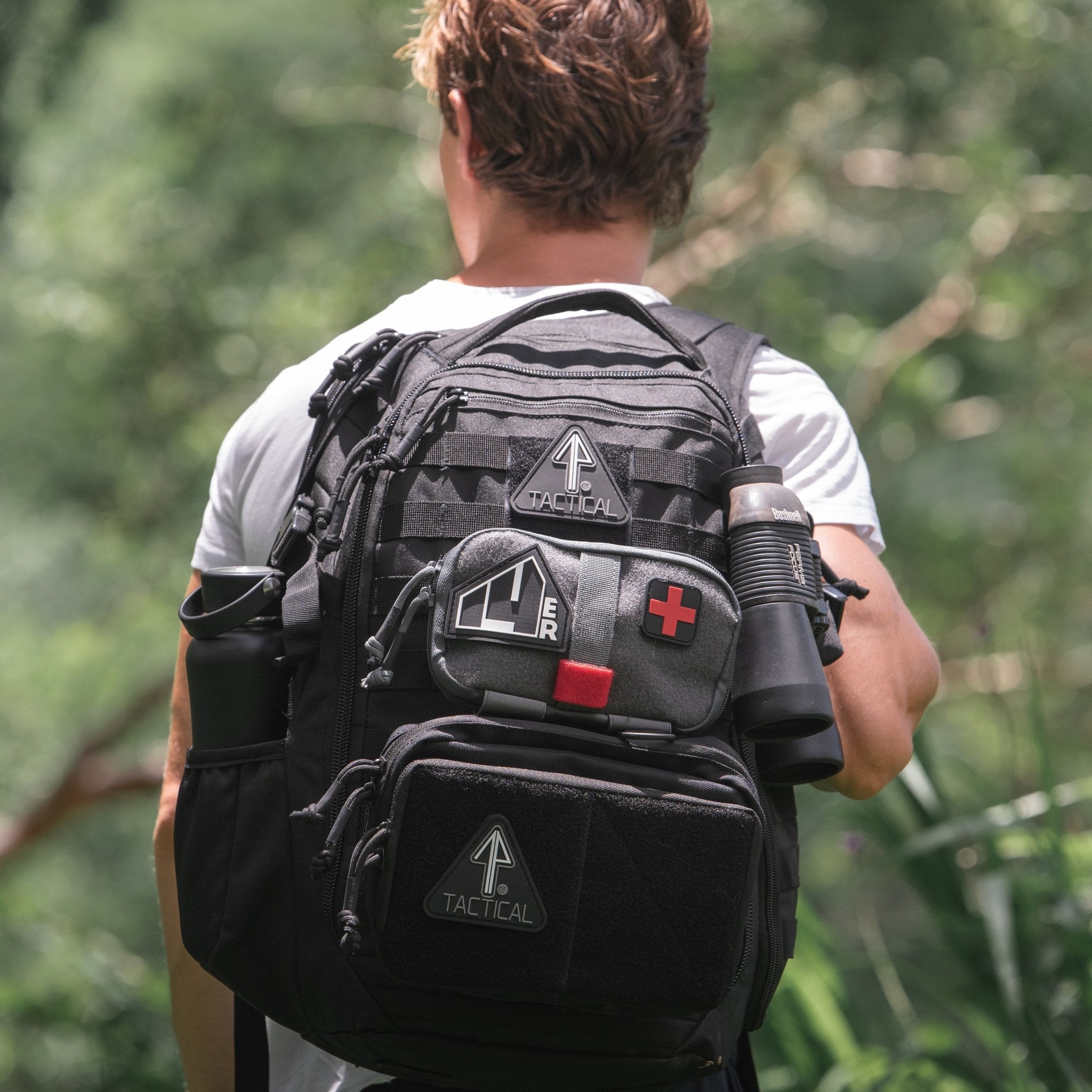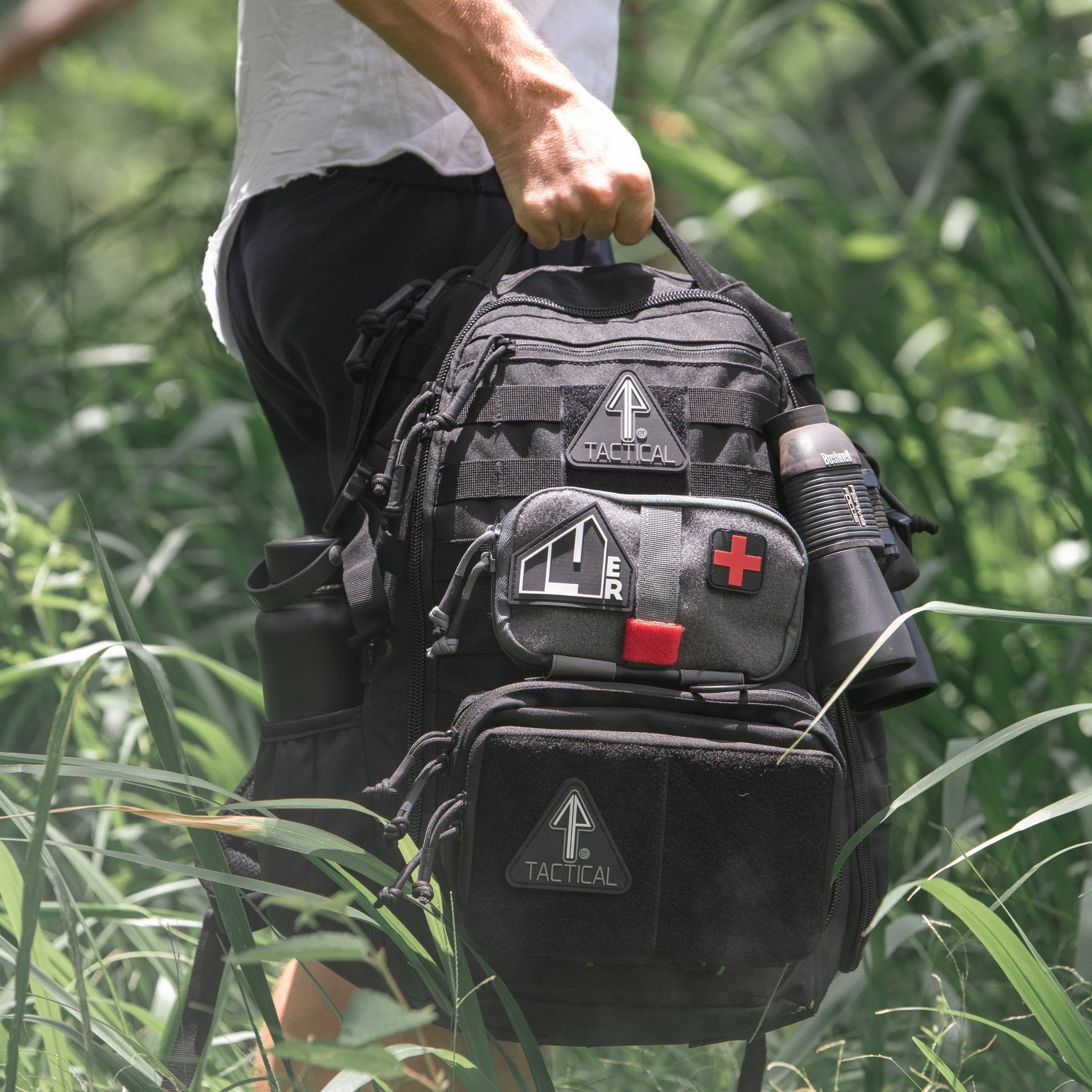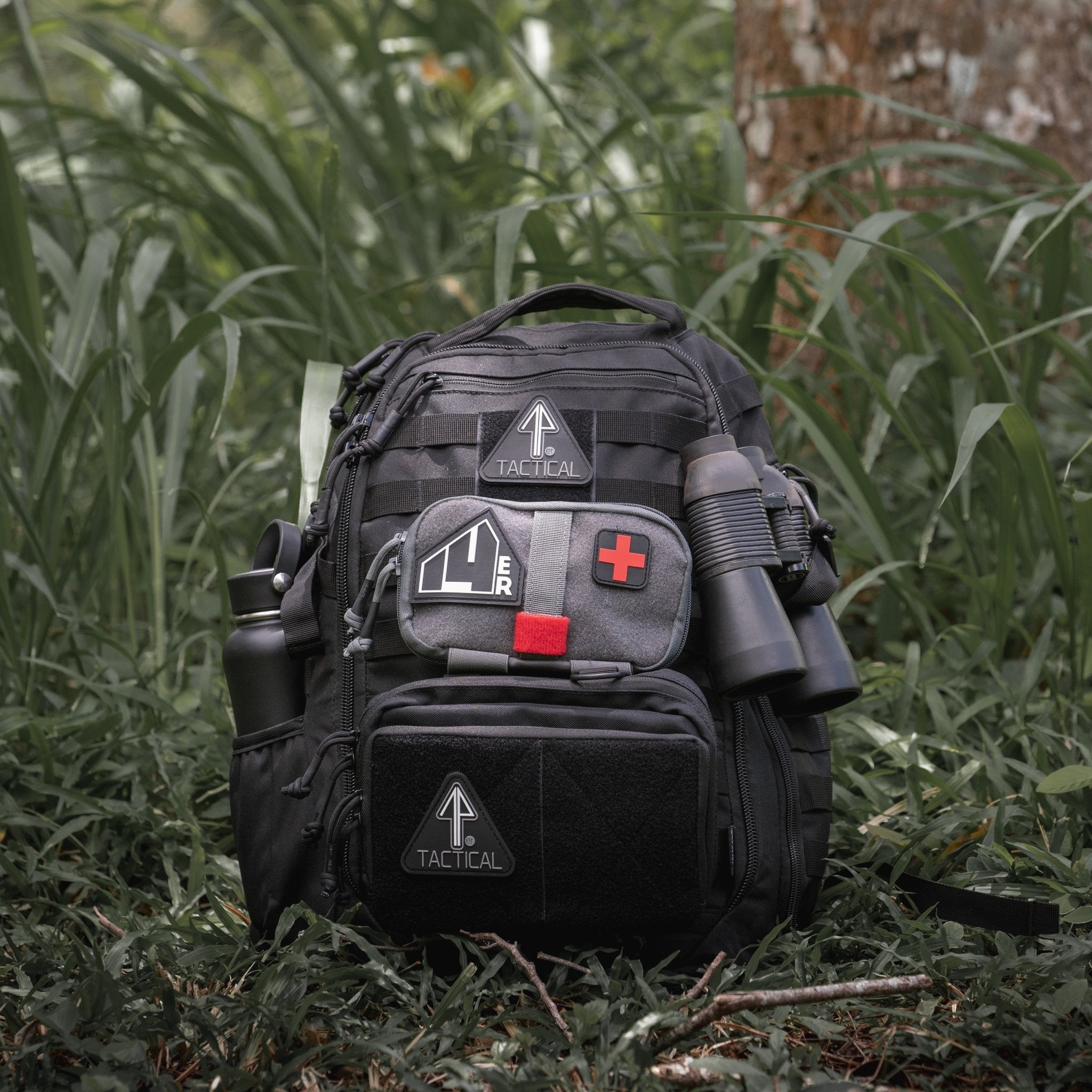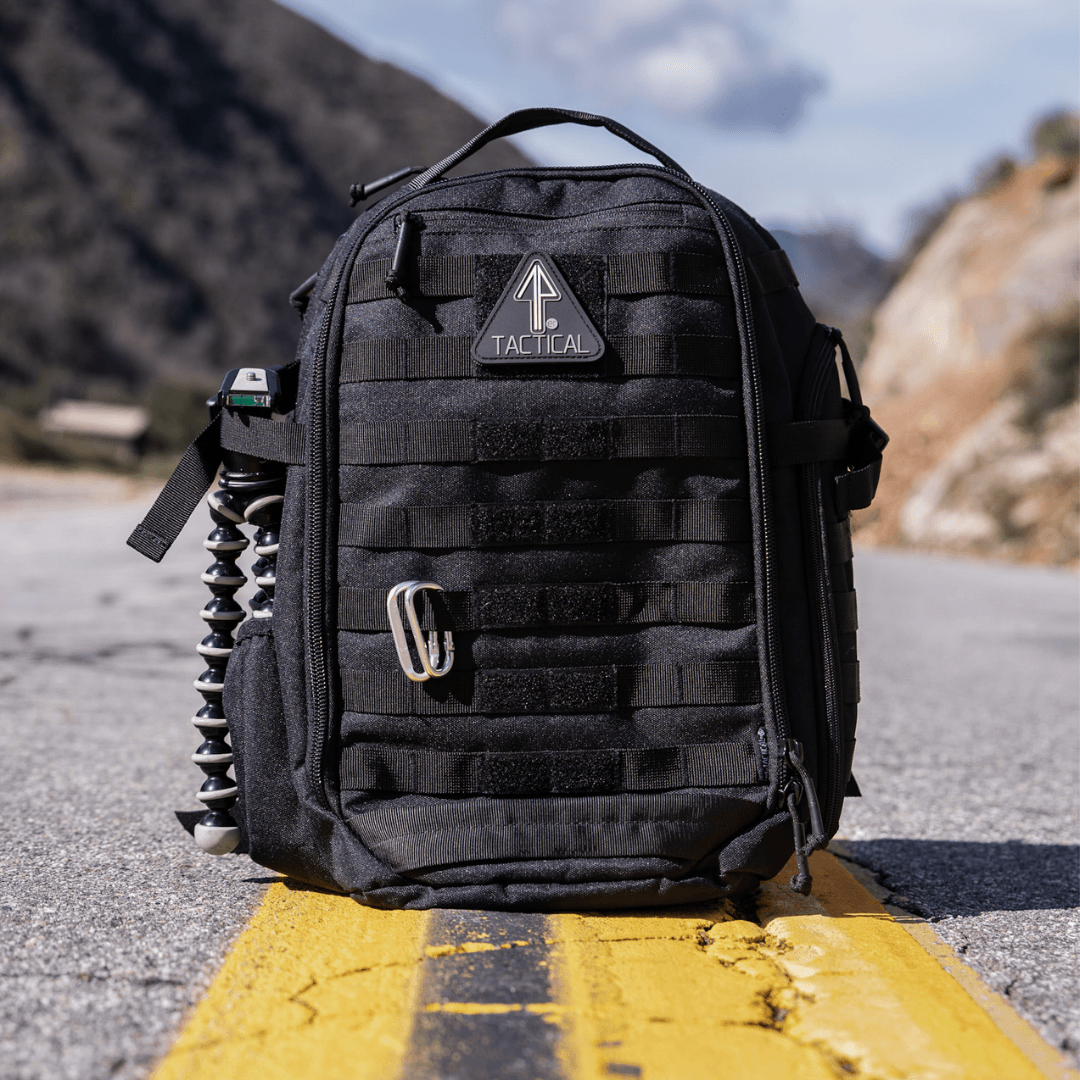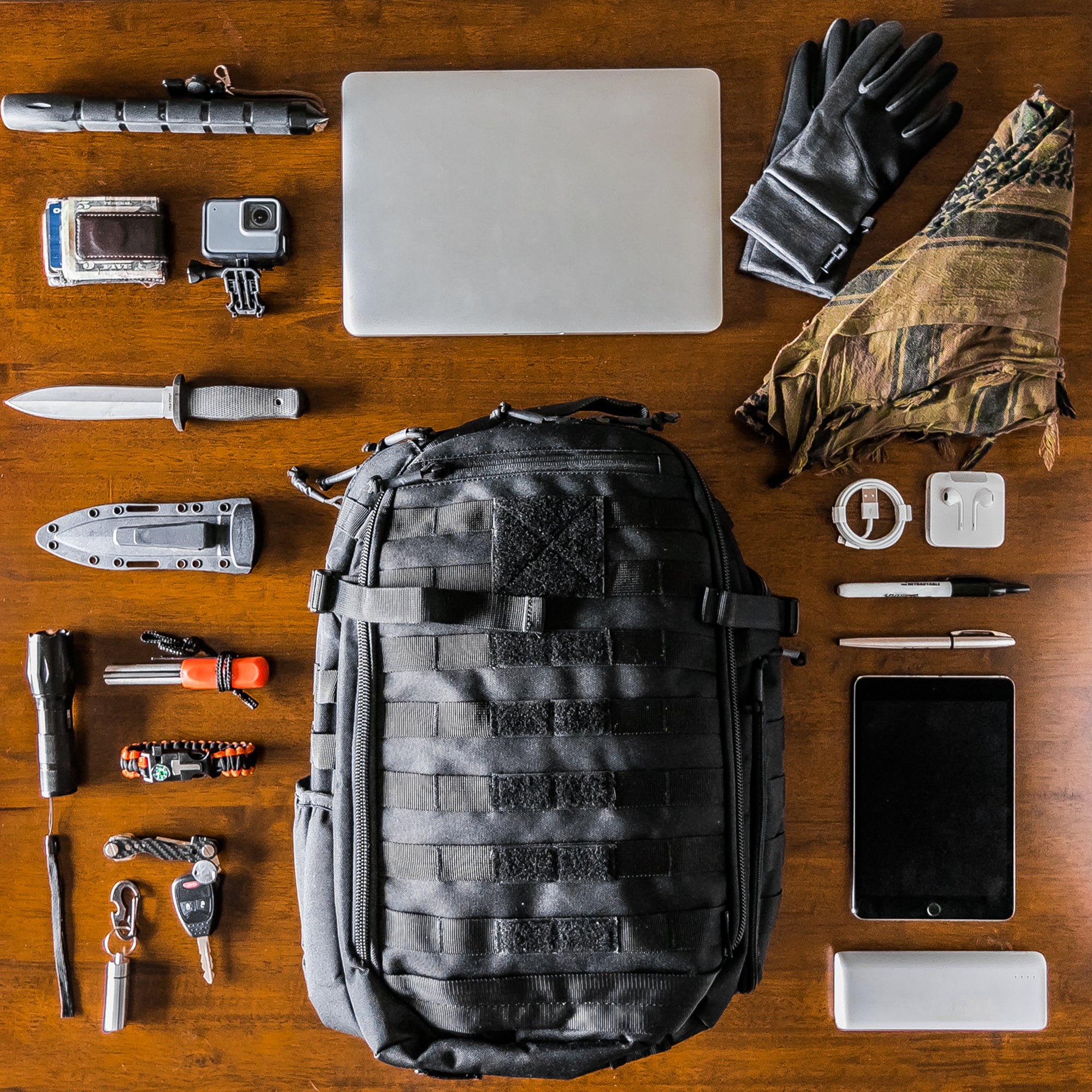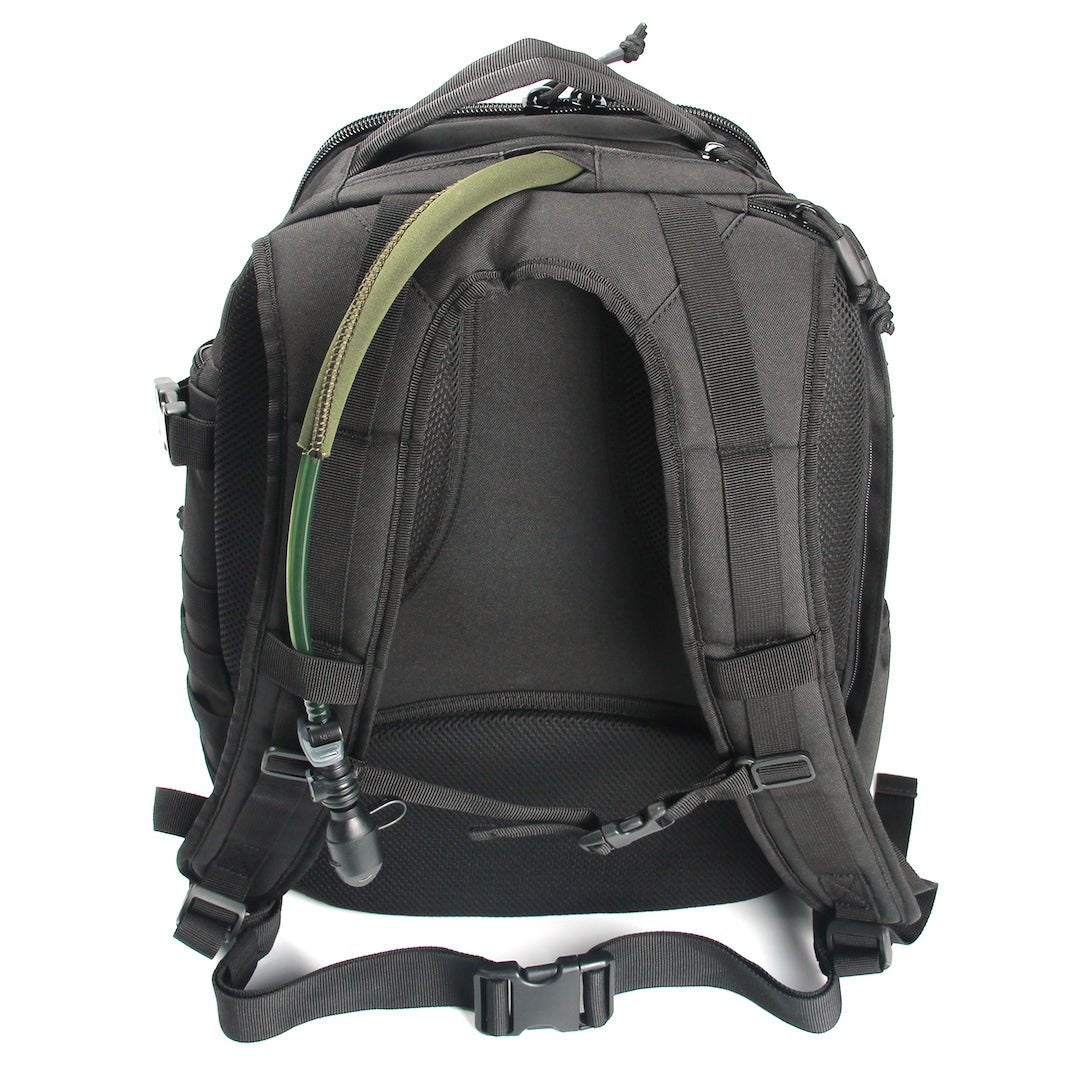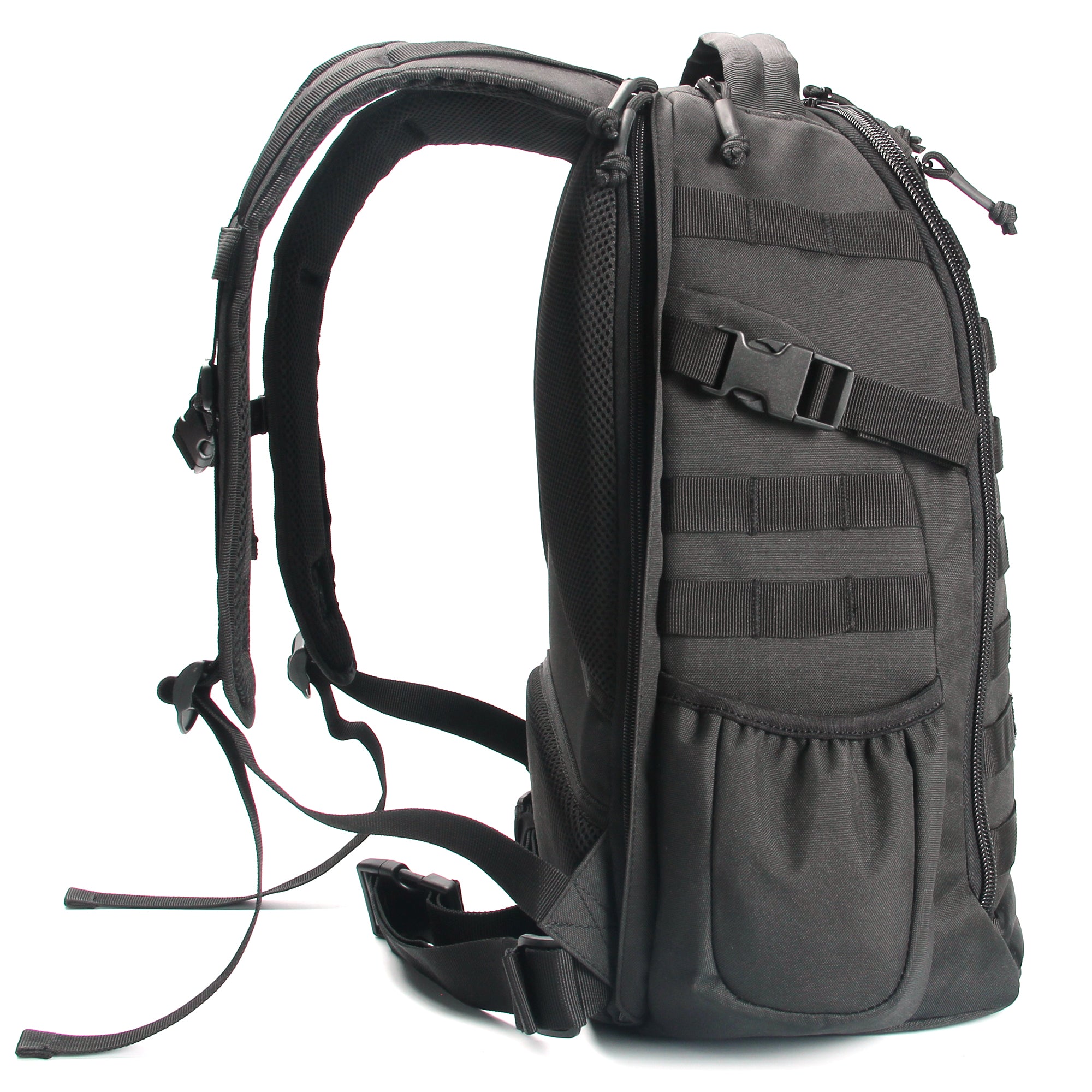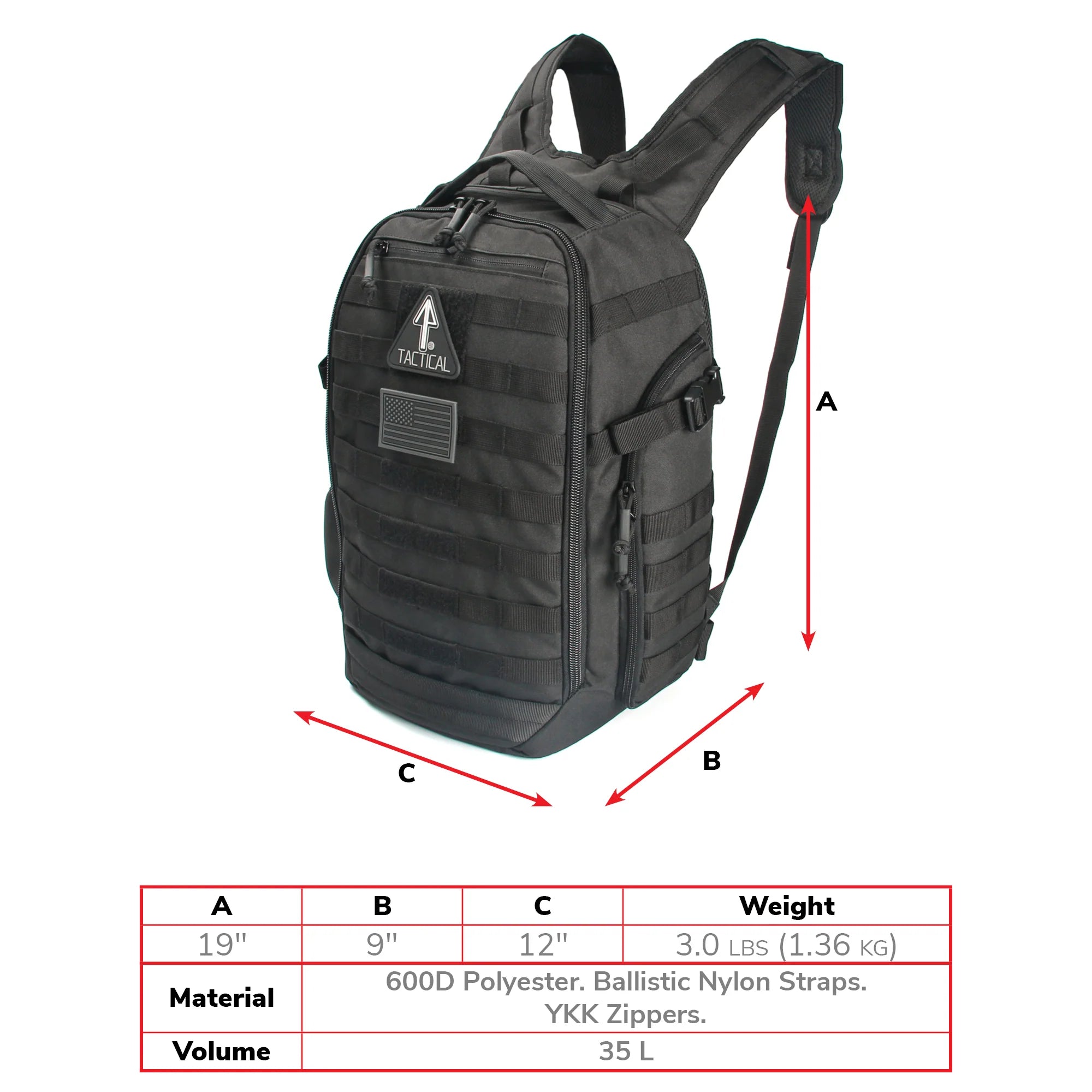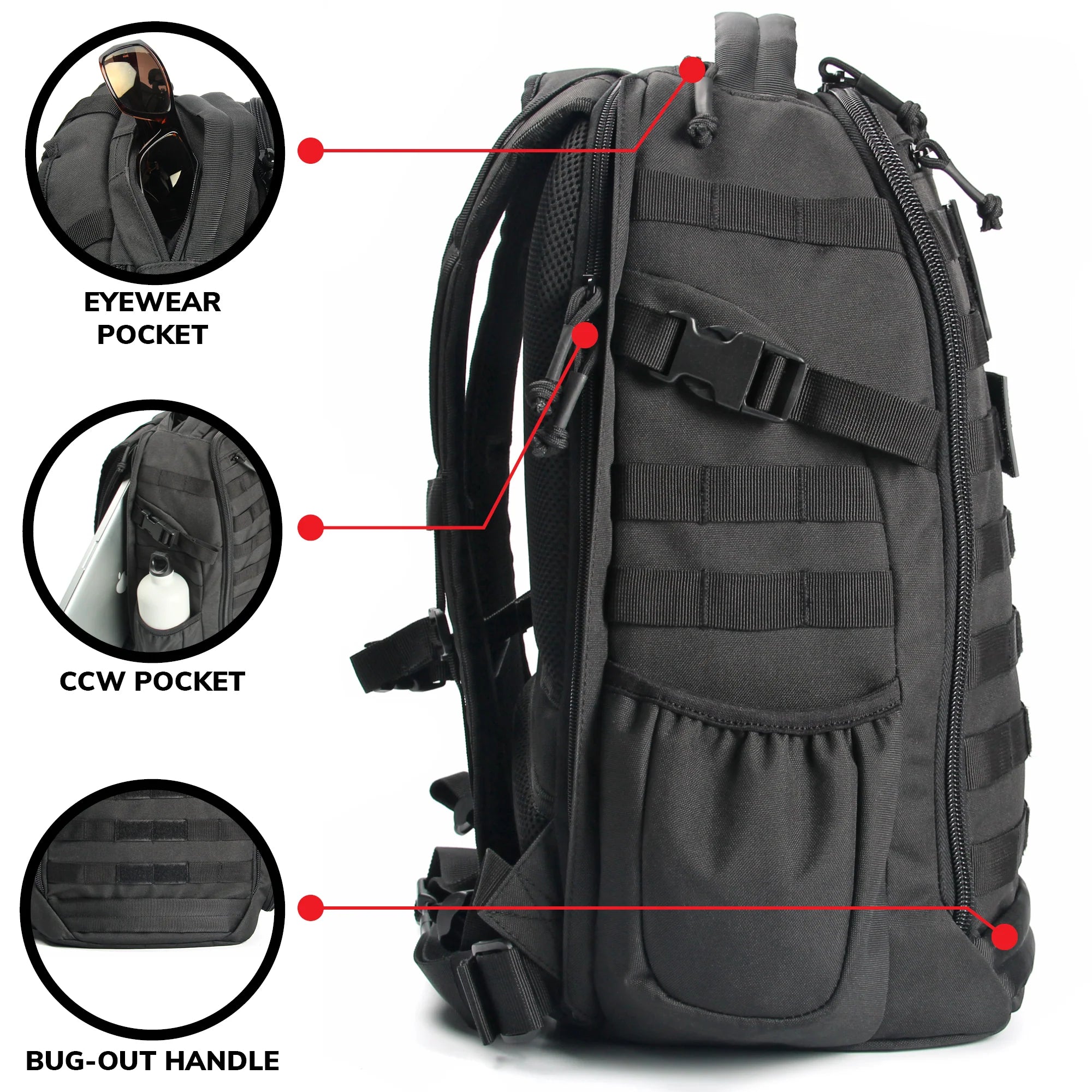In the ever-evolving world of emergency readiness, two terms have emerged as prominent figures - preppers and survivalists. At first glance, these labels may appear interchangeable, but in reality, they represent contrasting philosophies and approaches to preparedness. In this enlightening piece, we aim to demystify the disparities between these two schools of thought and help you discover which path aligns harmoniously with your personal objectives of preparedness.
Understanding the Prepper Paradigm
Preppers, committed and resolute, recognize the gravity of readying themselves for an array of catastrophic events, be it natural disasters or a societal collapse. They diligently invest substantial amounts of time and resources into amassing supplies, acquiring invaluable skills, and crafting meticulous contingency strategies. However, it is essential to acknowledge that the pursuit of preparedness comes with its fair share of drawbacks. The commitment to prepping can be financially taxing, and in some instances, it may lead to a sense of social detachment.

Unveiling the Survivalist Mindset
In striking dissimilarity, survivalists embrace a more primal approach to preparedness. Their unwavering focus lies in honing their capacities to endure and thrive amidst the unforgiving wilderness, untethered from the luxuries of modernity. The mindset of embracing self-reliance, adaptability, and unwavering flexibility paves the way for individuals to thrive in any given situation. However, it is imperative to acknowledge that the pursuit of survivalism demands a significant dedication of one's time, vitality, and available assets.
Prepper Vs. Survivalist: Pivotal Disparities
While both preppers and survivalists share a common goal of preparedness, their mindsets, motivations, and methods differ significantly.
Preppers tend to focus on accumulating supplies and planning for specific scenarios. They are systematic, packing their homes with essentials like food, water, and medical supplies. In their tireless efforts, they ensure readiness for a myriad of potential circumstances, spanning from formidable hurricanes and other natural calamities to profound societal upheavals like economic meltdowns. Preppers often have detailed plans for various threats, including evacuation routes and communication systems. They believe in the power of preparation and the ability to mitigate suffering through careful planning.
Survivalists, on the other hand, emphasize skill development and adaptability. They are the ones who can start a fire without matches, build a shelter from natural materials, and forage for food in the wild. Survivalists prepare for cataclysmic events that could disrupt society for extended periods, even permanently. They value self-reliance and the ability to survive with minimal resources. For survivalists, the ability to adapt to changing circumstances is more important than having a packed pantry.
In terms of community and social interaction, preppers often seek to build networks of like-minded individuals. They believe in the power of collective strength and often form communities to share resources, knowledge, and support. Survivalists, on the other hand, are more solitary. They value independence and self-reliance, often choosing to survive alone or with a small group of trusted individuals.
The skillsets and training required for each also vary. Preppers focus on resource management, learning to store and preserve food, purify water, and administer basic medical care. They often take courses in emergency preparedness and may even have certifications in first aid or disaster response. Survivalists, on the other hand, hone primitive survival skills. They learn to hunt, fish, build shelters, navigate without a compass, and protect themselves without modern weapons.
In essence, the key differences between preppers and survivalists lie in their approach to survival. Preppers are planners, stockpiling resources, and preparing for known threats. Survivalists are adaptors, honing skills to survive in any situation, regardless of the specific threat. Both approaches have their merits, and many individuals in the preparedness community incorporate elements of both into their survival strategies.

The Ultimate Conundrum: Prepping or Survivalism?
Choosing to identify with either the prepper or survivalist mindset is an incredibly personal decision, shaped by individual goals, preferences, and the resources you have at your disposal. This section is designed to be your compass on this significant journey, assisting you in making an informed decision that aligns with your unique ambitions.
To deepen your understanding of these captivating areas, we've put together a collection of responses to the most frequently asked questions about preppers and survivalists. This enlightening portion will clear any lingering doubts, leaving you with a sense of intellectual satisfaction and a heightened understanding of these intriguing pursuits.
As we approach the end of this enlightening discussion, it becomes clear that whether you lean more towards the prepper or survivalist archetype, the core principle remains the same: a steadfast commitment to preparedness and self-reliance. When faced with the daunting challenges of a crisis, the ultimate goal remains constant: to not just survive, but to thrive amidst the chaos.


